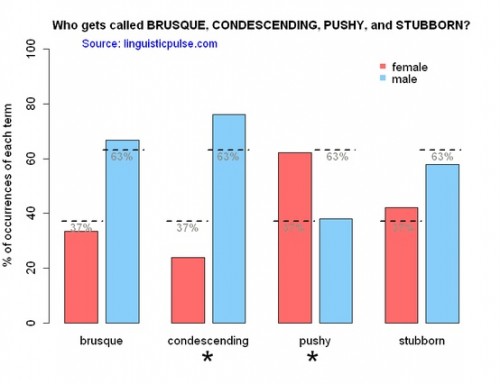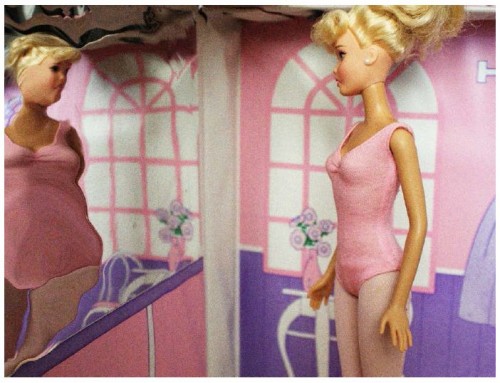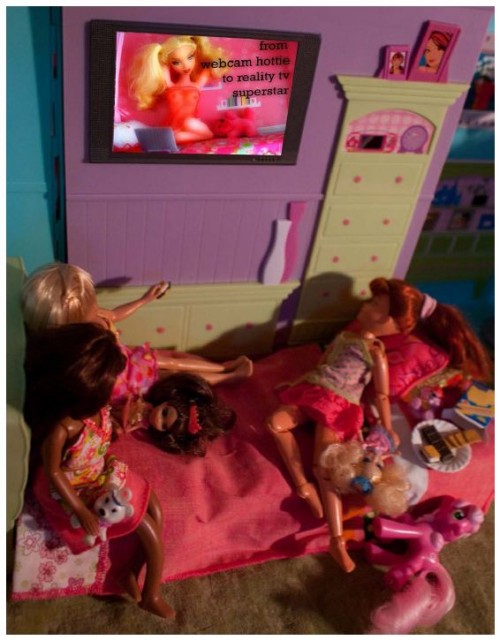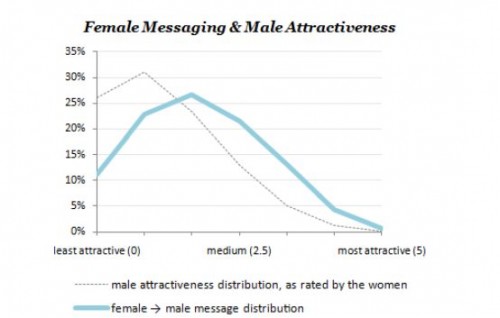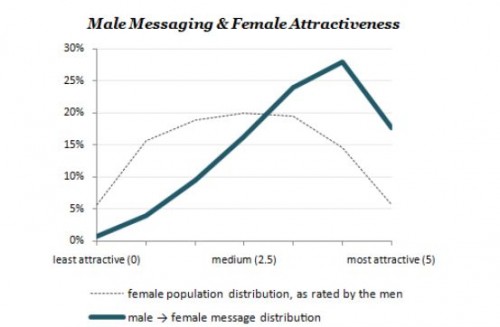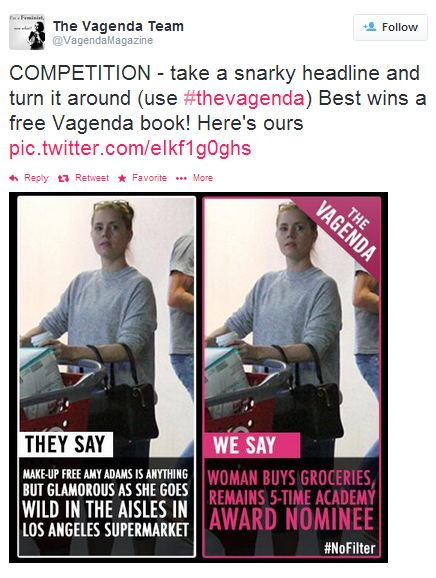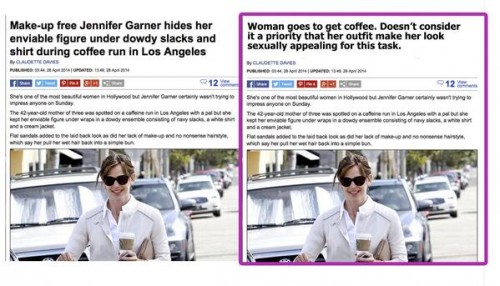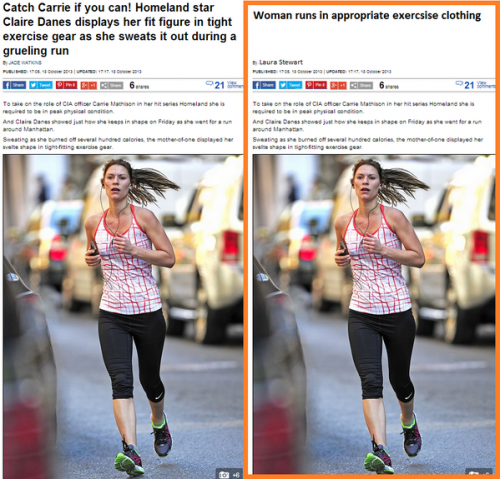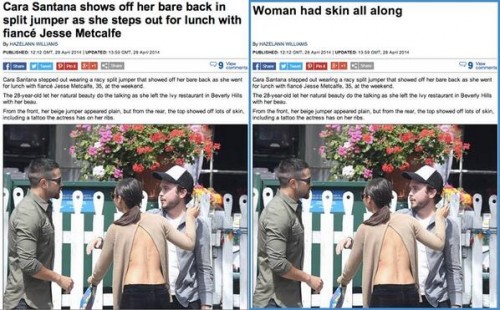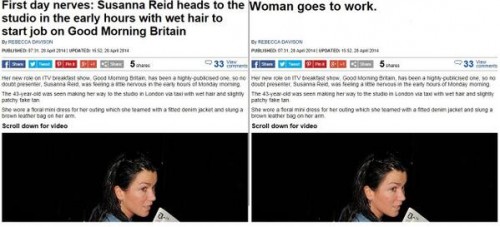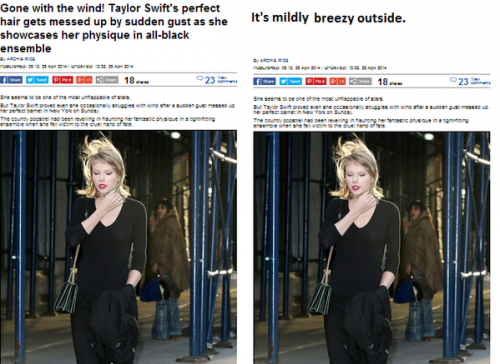According to data gathered from the Corpus of Contemporary American English by linguistics PhD student Nic Subtirelu, women are called “pushy” twice as often as men, while men are more likely to be described as “condescending.”
At his blog, Linguistic Pulse, Subtirelu argues:
Condescending seems to differ from pushy and bossy in an important way, namely that it seems to acknowledge the target’s authority and power even if it does not fully accept it.
Subtirelu has also ran the numbers for “bossy” and found that it was used to described women 1.5 times more often than men.
Lisa Wade, PhD is an Associate Professor at Tulane University. She is the author of American Hookup, a book about college sexual culture; a textbook about gender; and a forthcoming introductory text: Terrible Magnificent Sociology. You can follow her on Twitter and Instagram.

